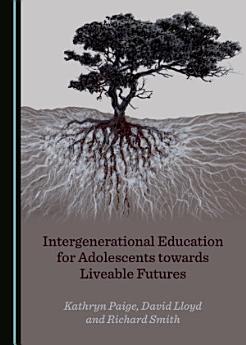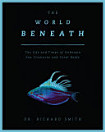Intergenerational Education for Adolescents towards Liveable Futures
អំពីសៀវភៅអេឡិចត្រូនិកនេះ
The text asserts that ethical contemporary science and environmental education, which practitioners might find within science, technology, engineering, and mathematics (STEM), will have at centre-stage not merely more factual knowledge, but also the development of learners’ affect and behaviour towards acting for eco-social justice. This will demand that learners more fully appreciate not only the necessity to transition swiftly to living within planetary boundaries, but also the requirements of ethical living—that humans share health and well-being more equally with their own and all other species.
Further, the book proposes that eco-socially responsible science and environmental education must be set within a transdisciplinary and integral framework, one in which curriculum and pedagogy are embedded in everyday practice. In this transition project from unsustainable inequities to eco-social justice, teachers and community leaders need to work with their students/citizens in envisioning preferable futures, and developing shared knowledge, values, dispositions, courage and capabilities to work towards such futures, and in genuine attempts at affecting them.
អំពីអ្នកនិពន្ធ
Dr David Lloyd is a science and environmental educator with particular interest in futures education and transdisciplinary approaches to learning. He is currently an Adjunct Research Fellow with the School of Education of the University of South Australia.
Richard Smith was a teacher educator for most of his professional life, with special interests in science and social education. He taught in all areas of teacher education undergraduate courses at the University of South Australia for over 26 years.







